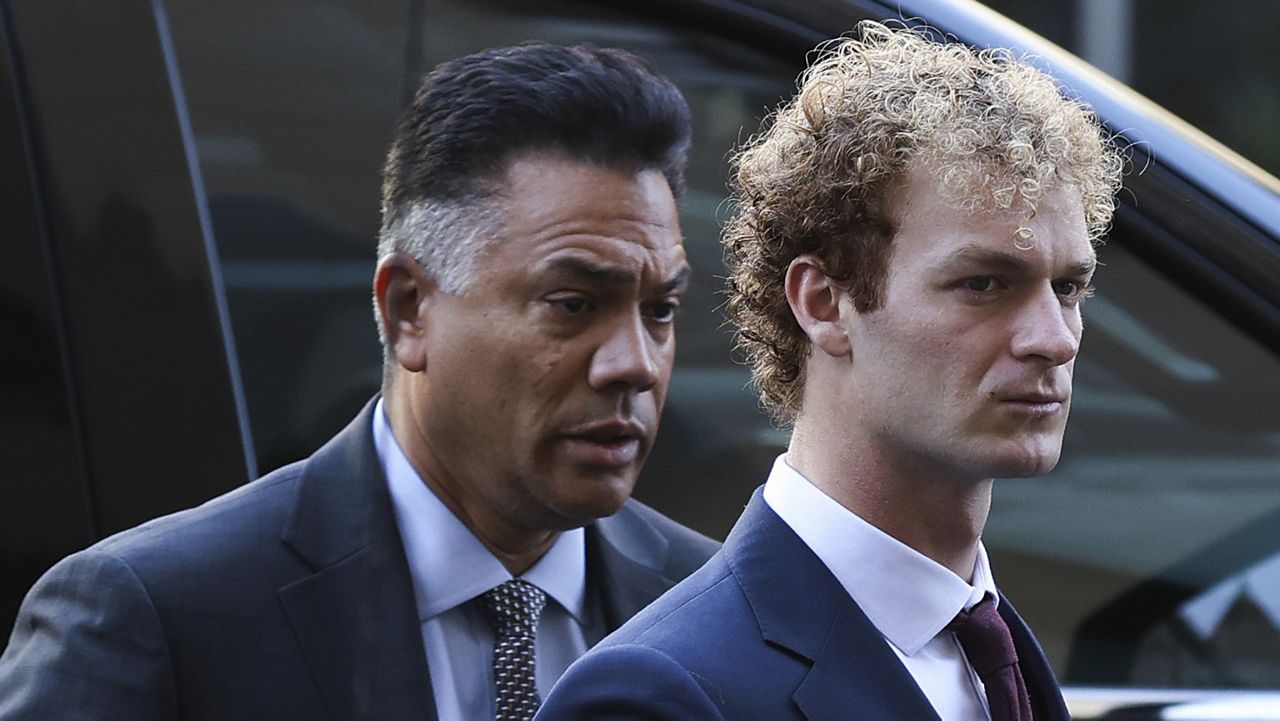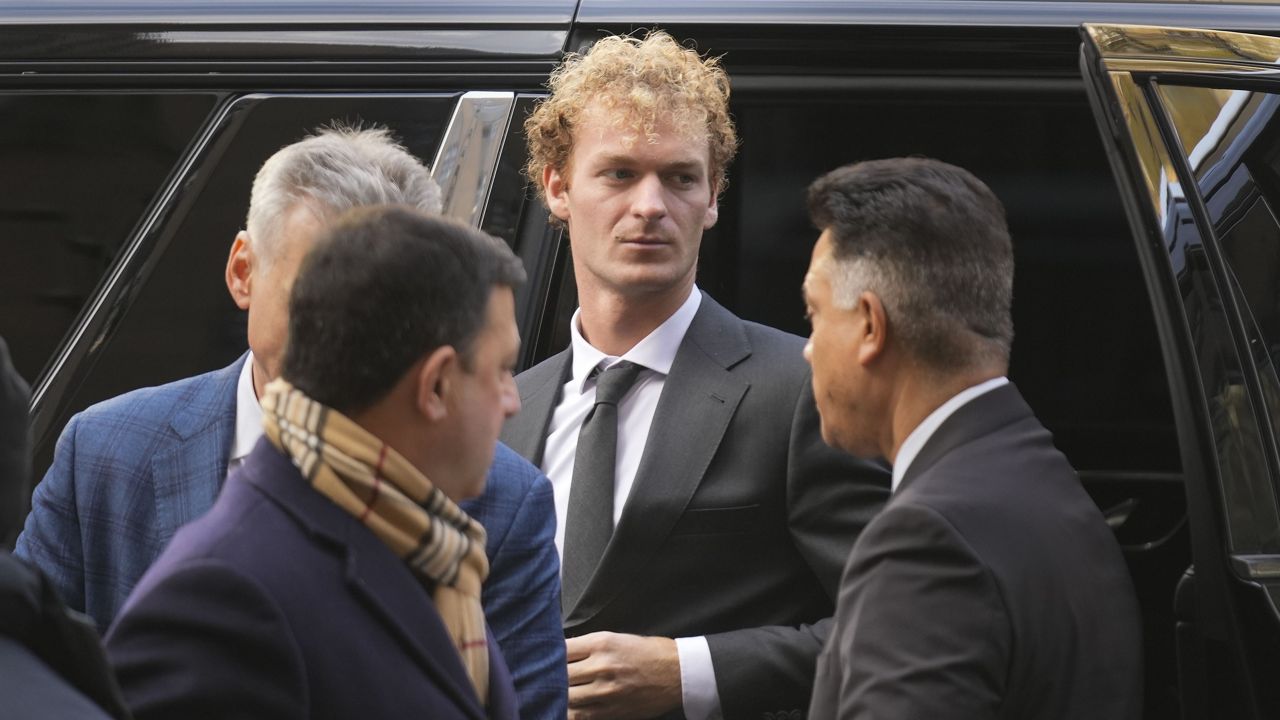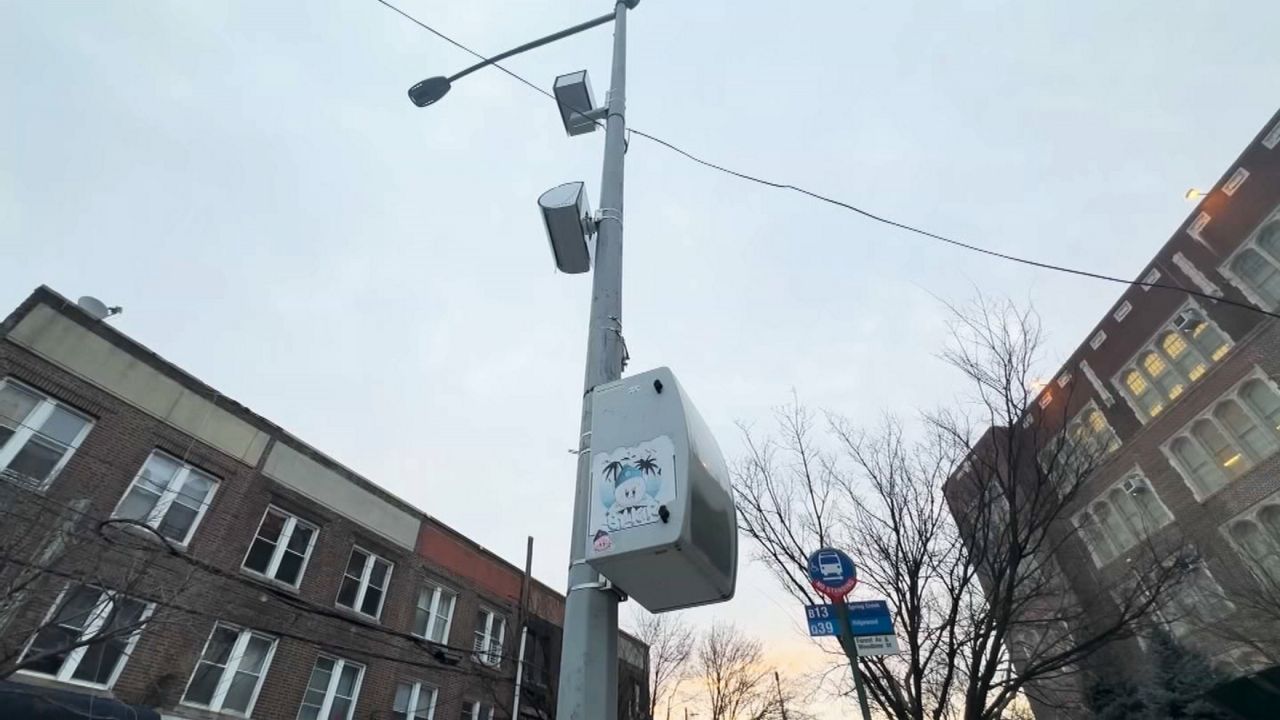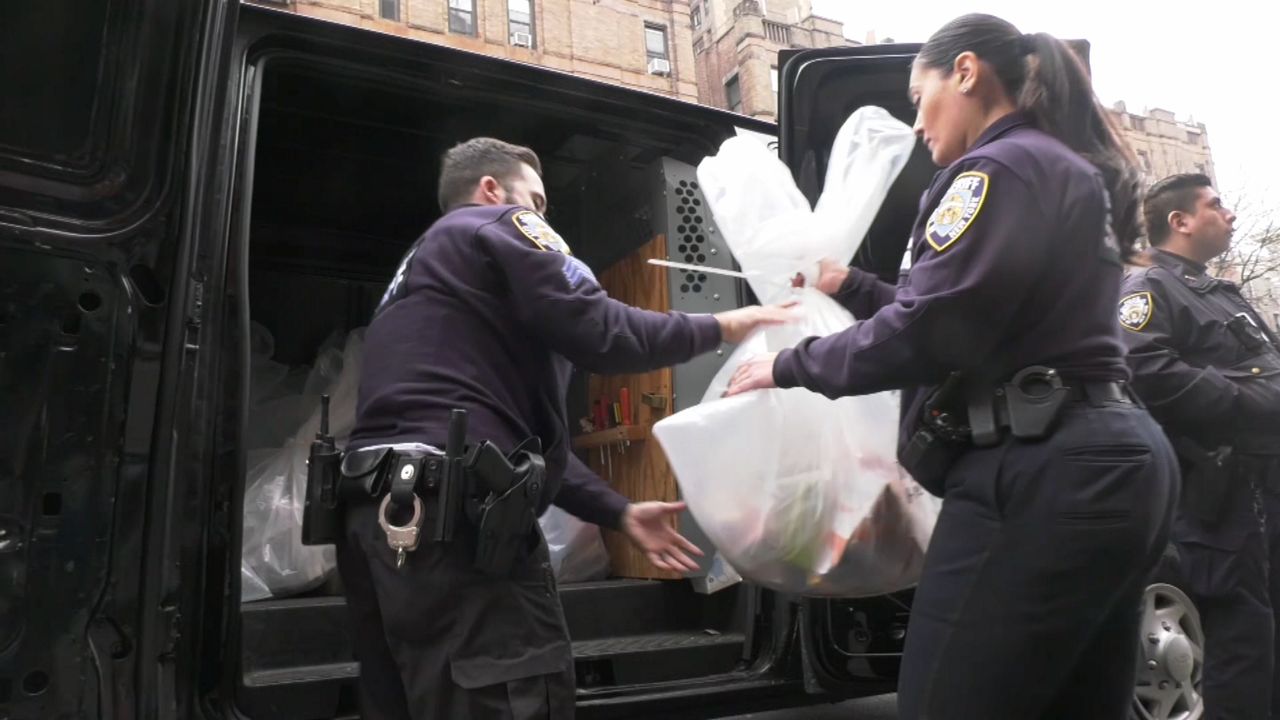Manhattan District Attorney Alvin Bragg introduced a new program Monday aimed at advancing equity for people arraigned at Manhattan Criminal Court.
As part of Bragg’s initiative, “navigators” will serve as outreach workers at the courthouse, providing immediate and long-term assistance to people after their arraignments.
In an interview on "Mornings On 1" Tuesday, Bragg said the program aims to improve public safety by offering help to people reentering the community who may be facing housing insecurity, hunger or other quality-of-life issues.
"Our job is public safety," Bragg said. “We've all seen it, with people coming back out in the community needing support. If they're supported, whether it's through housing, mental health supports, or anything else, it's going to make us all safer.”
The need for support and resources is evident at courthouses across the nation, Bragg said.
“You see tremendous need,” he said. “And we thought, for cases where judges are releasing someone back into the community: How can we advance public safety by helping people?”
Addressing confidentiality concerns, Bragg said court navigators would operate independently via the Fortune Society, a group that has helped formerly incarcerated New Yorkers for more than 50 years.
“We're talking about significant, deep community ties doing this kind of work,” he said. “And in particular, the people at the Fortune Society, who are going to be doing it, those who are going to be in the courtroom are people who have walked in the shoes of those who are going to be walking out.”
Bragg said the vision for the court navigator program aligns with one of the central pillars of his campaign: breaking cycles within the criminal justice system.
He said he sees the initiative as a pivotal intervention point, particularly during the arraignment process, which he described as a moment of “acute need.”
“Someone who's in walking out, they may have a court date and in two weeks, they may have to report to someone on supervised release, but they may not have a MetroCard, they may not know where their next meal is coming from, they may not have a place to sleep,” he said. “And it’s very powerful to have someone who's walked in those shoes ask them the question, ‘What do you need?’”
Asked about his achievements during his time in office, Bragg highlighted a significant reduction in major crimes throughout Manhattan, including a significant drop in shootings.
However, he said that challenges still exist, including the need to focus on mental health and address quality-of-life issues.







